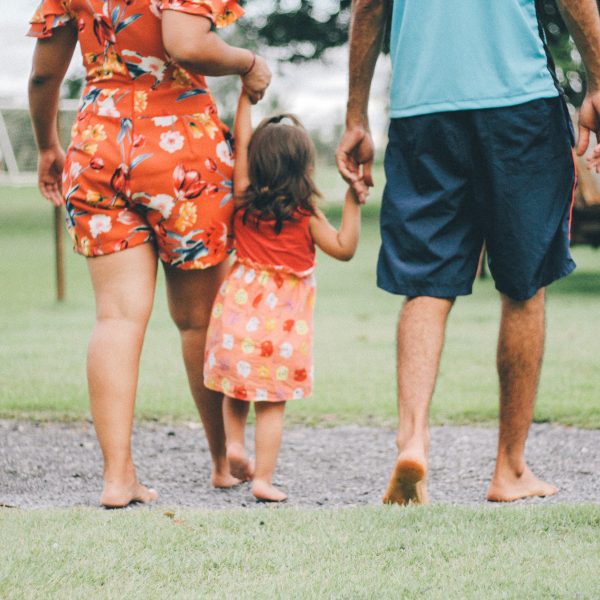Western cultures think children are less capable than they are, new research suggests

While the approved learning frameworks encourage those who work in early childhood education and care (ECEC) to view children as rich, competent and capable, this view is not always shared by broader society, especially in Western culture.
A recent study of Indigenous Mapuche people in southern Chile challenges some Western assumptions about children’s emotional capabilities and highlights the potential value of spending time outdoors to help children regulate their emotions.
“Many people, particularly in Western cultures, think children are less capable than they actually are,” Dr Amy Halberstadt, Professor of psychology at North Carolina State (NC State) University and corresponding author of a paper on the work, said.
“Our work with the Mapuche people makes clear that they have different expectations about their children’s ability to manage fear. And the role they feel nature plays in helping children maintain their emotional equilibrium is also distinct.”
To carry out the study, researchers surveyed 271 parents and teachers in southern Chile. One hundred six of the study participants in the study were Mapuche, an indigenous people of the region. The remaining 165 were non-Mapuche.
Survey questions were developed based on interviews and focus groups. The questions were aimed at gaining a better understanding of cultural differences regarding the beliefs that adults have about children and children’s emotions.
One finding was that Mapuche parents and teachers were significantly more likely than non-Mapuche to expect their children to be able to control fear.
This ability to control fear is not about being stoic, Professor Halberstadt said, but rather about setting an expectation that children understand a situation and either take action or accept the situation without becoming afraid.
“The Mapuche believe that part of growing up is learning not to be afraid, and this is something that is actively fostered,” says Dejah Oertwig, co-author of the paper and a Ph.D. student at NC State. “Mapuche parents support the development of emotional skills like this one through the way they help children interpret the world around them.”
The study found that the Mapuche also place a great deal of value on a child’s relationship with nature.
“The Mapuche believe children should respect, but not fear, nature,” Professor Halberstadt said. “They also believe nature can help children become calm, cope with sadness in a positive way and otherwise regulate negative emotions.”
While Professor Halberstadt doesn’t see “prescriptions for success” in any one approach, one key highlight of the study for her was the need to broaden the appreciation of what is possible for children.
“It might be a good idea to see if spending more time outside, and respecting and appreciating nature, do help us regulate our own emotions or help our children find balance” she added.
To read the research in full, please see here.
Popular

Quality
Practice
Research
Professional bravery in ECEC: How reading the nervous system prevents behaviour escalation
2025-12-02 07:30:47
by Fiona Alston

Policy
Quality
Practice
Provider
Research
Workforce
ECEC services to close early for mandatory child safety training under national reforms
2025-12-01 07:10:09
by Fiona Alston

Quality
Policy
Practice
Provider
Workforce
Growth restrictions and enhanced oversight imposed on Affinity Education Group in NSW
2025-12-01 07:30:29
by Fiona Alston
















